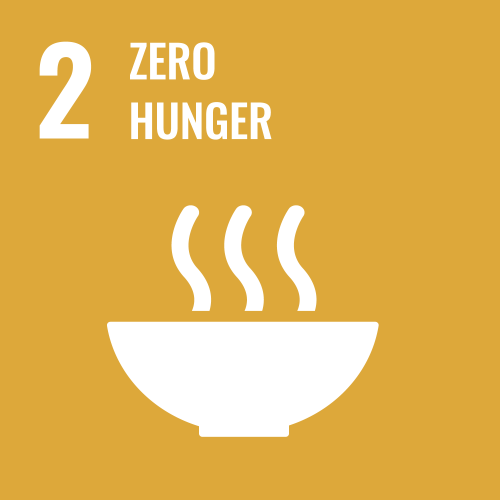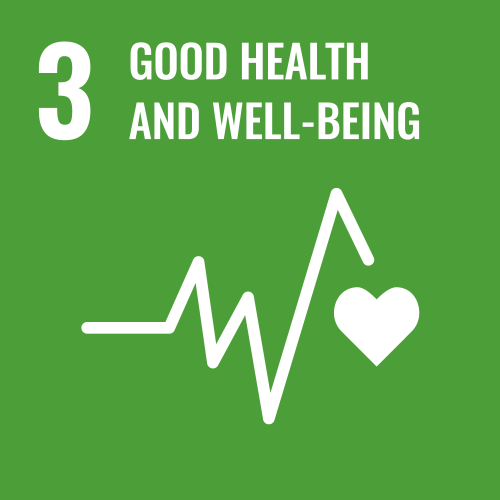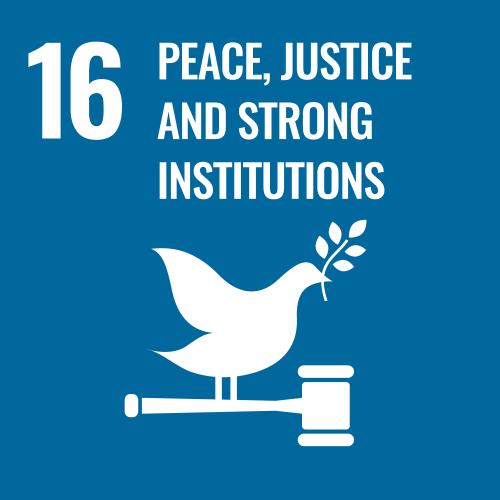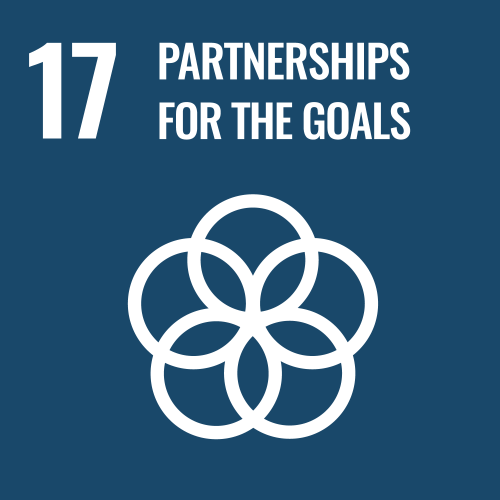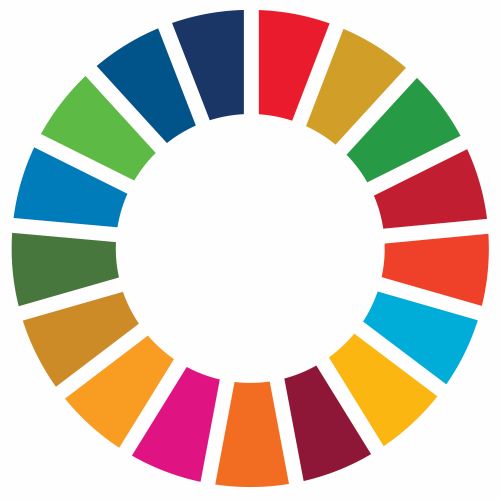
27/10/2025
The European EUCaN project has organised a conference to reactivate and coordinate efforts to establish healthy school food environments in Saint Lucia.
School food environments are key to promoting food and nutrition security and preventing both malnutrition and overweight, habits that are largely formed during childhood and adolescence. Factors such as high dependence on food imports, climate-related risks and socio-economic constraints make the provision of nutritious and sustainable school meals particularly challenging.
As part of the European EUCaN project, implemented by FIAP together with Central Project Management Agency (CPVA), and in collaboration with the Ministry of Health, Welfare and Senior Citizens of Saint Lucia and the Pan American Health Organisation (PAHO/WHO), a two-day conference was held to reactivate and coordinate efforts to establish healthy school food environments in Saint Lucia. The event brought together national authorities, international organisations and school leaders to share evidence, exchange experiences and co-design realistic steps for implementation.
The Spanish Ambassador, Cristina Pérez Gutiérrez, reaffirmed Spanish Cooperation’s commitment to supporting food security and nutrition throughout the Caribbean, as well as the need for lasting mechanisms that promote interministerial collaboration. For her part, Jenny Daniel, Permanent Secretary of the Ministry of Health, highlighted the central role of nutrition in the long-term health and learning of children.
During the event, good practices for promoting healthy school food environments were shared. The Canary Islands Eco Comedores programme (an initiative that promotes the inclusion of organic, fresh, local and seasonal products in school and institutional menus) was presented alongside regional cases from Barbados and Belize, which illustrated different approaches to policy design, implementation and monitoring in island contexts. Technical experts from UNICEF, FAO and PAHO presented evidence-based approaches to social and behavioural change, school nutrition standards and sustainable public procurement.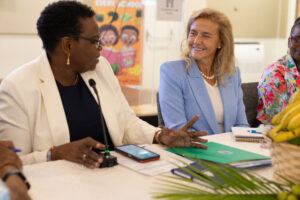
Fiona Anthony, National Programmes Specialist at PAHO/WHO, emphasised the close relationship between health and nutrition and called for coordinated policy responses across the health, education and agriculture sectors. Chiara Tardivo, Head of the Economic Resilience and Trade Partnership Team at the European Union Delegation, highlighted the EU’s commitment to supporting the region in building resilient food systems based on sustainable production to protect food and nutrition security.
Recognising that schools are places where lifelong habits are created and maintained, the second day focused on the participation of 85 school principals through practical sessions aimed at raising awareness and strengthening capacities. The conference concluded with a shared commitment to continue collaborative action and technical cooperation between ministries, schools and partners.
